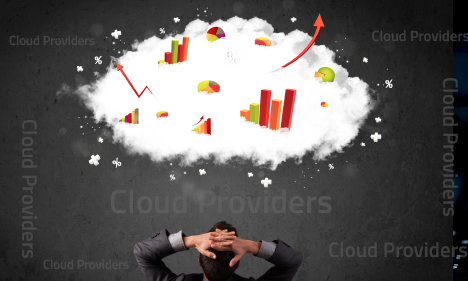As cloud computing is increasingly becoming a vehicle for next-generation digital business, the selection of a cloud services provider is critical in this transitional journey.
Small- and medium-sized companies struggle to distinguish between a cloud computing provider and a managed services provider. Broadly speaking, a managed services provider IS also a cloud services provider, but a cloud services provider is NOT a managed services provider.
Solutions such as Google Platform Cloud, Microsoft Azure, or Amazon AWS provide cloud services, but who will then manage your network connectivity, malicious software, data security, disaster recovery, IT strategy and growth management?
So what should you be checking for when choosing a cloud services provider?
- General Reference – review the company profile, case studies, speak with reference sites etc
- Review the product, it’s usage, performance and capabilities
- Review the Network Infrastructure, Data Center location & security
- Does the provider have data security, Data Segregation, and Compliance
- Check their customer service policies, technical support & service level agreements (SLA)
- Compare the Billing Methodology and Pricing
- Is the model a Total Cost of Ownership
- Check the Financial health of the provider
- Ensure Business Continuity & Disaster Recovery
Use a complete comparison guide document when reviewing multiple cloud service providers to ensure you are comparing apples to apples and that you cover an extensive review of the provider.
Contact us for assistance with the provision of a comparison guide.
Special thanks to Evi Giameos who prepared this post.

